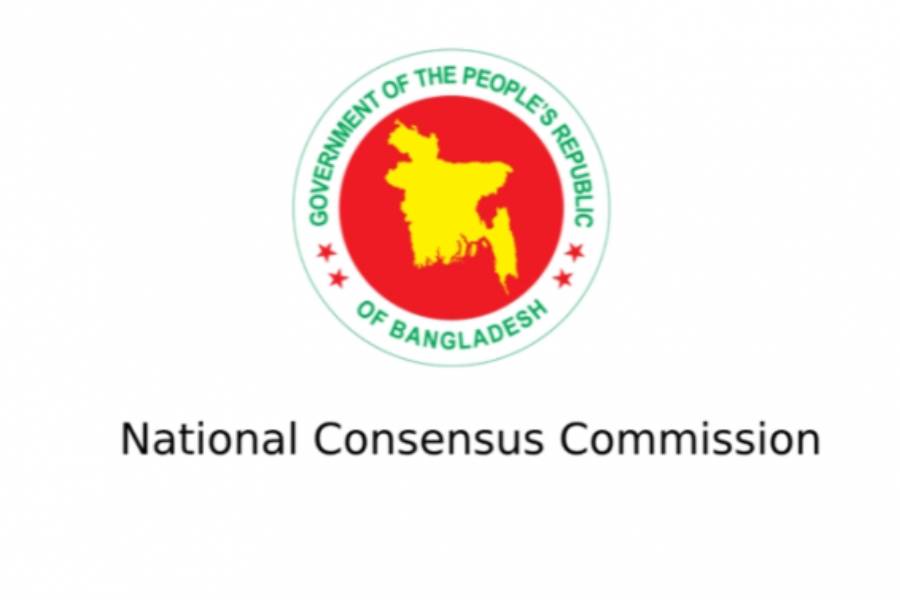
Published :
Updated :

The National Consensus Commission (NCC) on Thursday decided in favour of forming a 100-member Upper House through the Proportional Representation (PR) system based on the percentage of votes, amid opposition from BNP and several like-minded parties.
NCC Vice Chair Prof Ali Riaz informed of the decision in the 23rd session (last day) of the second-round dialogue between the NCC and the political parties at the city's Foreign Service Academy in the afternoon.
Under the NCC's proposal, the Upper House will not have the authority to enact any law on its own. However, all bills, except financial bills, must be introduced in both the Lower and Upper Houses.
The Upper House will not be allowed to keep any bill pending permanently. If any bill remains pending for more than a month, it will be considered approved by the Upper House.
The Upper House will review and analyse the bills passed by the Lower House and must approve or reject them within a stipulated time.
If approved, the bill will move to the President for assent. If rejected, the Upper House will return it to the Lower House with recommended amendments, which the Lower House may accept in full, in part, or reject entirely.
The candidates with at least 10pc women aspirants for the Upper House shall be announced alongside those of the national parliamentary election.
Before the lunch break, BNP, Labour Party, NDM, the 12-Party Alliance and the Nationalist Alliance had voiced opposition to the Upper House under the PR system.
After the break, BNP Standing Committee member Salahuddin Ahmed voiced strong opposition to the proposal to elect 100 Upper House members. "BNP and several other parties and alliances disagree with both the PR system and the proposed powers of the Upper House. We will not endorse this unless our dissent is officially recorded," he said.
Some leftist and Islamist parties, including CPB, BSD, Jamiat Ulema-e-Islam, and the Aam Janatar Dal, opposed the very idea of an Upper House, citing Bangladesh's socio-economic realities.
Despite lengthy discussions over several days, the matter of the Upper House formation was entrusted to the commission due to differences of opinion among the parties.
The commission announced this decision on Thursday.


 For all latest news, follow The Financial Express Google News channel.
For all latest news, follow The Financial Express Google News channel.